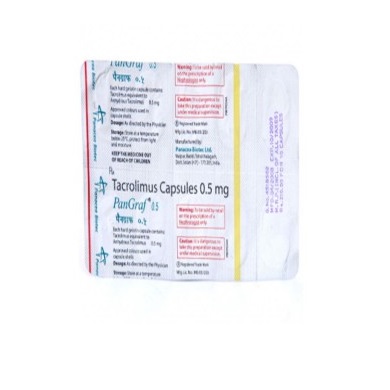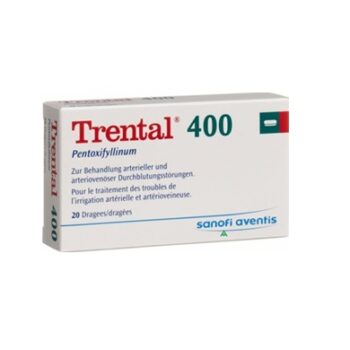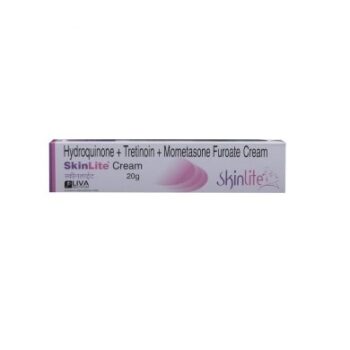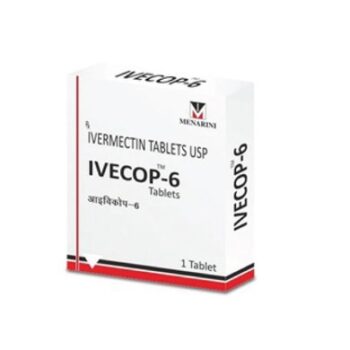Pangraf 0.5mg
Pangraf 0.5mg is a precision-formulated immunosuppressant containing tacrolimus, widely prescribed to prevent organ rejection post-transplant. This capsule works by delicately modulating immune responses, safeguarding newly transplanted kidneys, livers, or hearts.
Its low-dose potency ensures effective immunosuppression while minimizing systemic strain. Pangraf’s therapeutic precision requires routine monitoring to maintain optimal blood levels. It’s essential to take it consistently, avoiding interactions with substances like grapefruit or certain antibiotics.
Known for its reliability in critical care, Pangraf stands as a trusted ally in post-transplant recovery, supporting the delicate balance between immune control and graft survival with pharmaceutical finesse. Always use under medical supervision.
Uses
Pangraf 0.5mg is primarily used to prevent organ rejection in patients who have undergone kidney, liver, or heart transplants. It helps suppress the immune system to prevent it from attacking the transplanted organ.
In some cases, Pangraf is also prescribed for autoimmune diseases such as severe eczema, rheumatoid arthritis, or lupus when other treatments fail.
By carefully controlling immune activity, Pangraf plays a vital role in protecting transplanted organs and managing serious immune-related conditions. It must be used under medical guidance.
How to use it ?
Take Pangraf 0.5mg exactly as prescribed by your doctor, at the same time every day for consistent blood levels. Swallow the capsule whole with water, without crushing or chewing. Stay consistent with meals — always take it with food or always without.
Avoid grapefruit and its juice, as they can affect drug absorption. Regular blood tests are needed to monitor levels and adjust dosing. Never change or stop the medication without medical advice. If a dose is missed, follow your doctor’s instructions.
How dose it works ?
Pangraf 0.5mg works by suppressing the immune system. Normally, your immune system attacks anything it sees as foreign — like bacteria or viruses. After an organ transplant, your immune system might also attack the new organ, thinking it’s a threat.
Pangraf (tacrolimus) blocks certain immune cells (specifically T-cells) from becoming active. By doing this, it prevents the body from rejecting the transplanted organ. It carefully weakens the immune response just enough to protect the organ while still allowing the body to fight infections to some extent.
Dosage
The exact dose of Pangraf (tacrolimus) depends on factors like the type of organ transplant, patient’s weight, kidney and liver function, and blood drug levels. Here’s a general guide:
-
Initial dose (for kidney, liver, or heart transplant): Usually ranges from 0.1 to 0.2 mg/kg/day, split into two doses (every 12 hours).
-
Maintenance dose: Adjusted based on blood test results, usually lower than the starting dose.
-
Take consistently: With or without food, but always the same way daily.
Benefits of Pangraf 0.5mg
- Prevents organ rejection after kidney, liver, or heart transplants by controlling immune response.
- Promotes long-term graft survival, increasing the success rate of transplants.
- Precise immunosuppression, targeting specific immune cells (T-cells) to minimize unnecessary immune suppression.
- Used in autoimmune diseases like severe eczema or lupus when other treatments fail.
- Oral dosage form makes it convenient for long-term use.
- Dose can be personalized based on blood levels for optimal effect.
- Reduces dependence on high-dose steroids in some patients.
Side Effects of Pangraf 0.5mg
- Tremors or shaking
- Headache
- Increased blood sugar (can lead to diabetes)
- High blood pressure
- Kidney problems
- Nausea, diarrhea, or stomach pain
- Insomnia (trouble sleeping)
- Increased risk of infections
- Loss of appetite
- Tingling or numbness in hands and feet
Serious but rare side effects include seizures, allergic reactions, and liver problems. Regular blood tests help catch and manage these early. Always report new symptoms to your doctor.
Precautions
- Monitor kidney function regularly through blood tests.
- Avoid grapefruit and its juice, as it can increase drug levels.
- Inform your doctor about any other medications you’re taking, including over-the-counter drugs.
- Stay hydrated, unless otherwise advised.
- Avoid infection—since the drug suppresses immunity, take steps to reduce exposure to infections.
- Pregnancy and breastfeeding: Use only if necessary and under doctor’s advice.
- Follow dosage instructions exactly; do not adjust without medical guidance.
Frequently asked question
How does Pangraf 0.5mg work?
Pangraf 0.5mg works by suppressing the immune system, specifically by inhibiting certain immune cells (T-cells) that could attack a transplanted organ. This helps prevent organ rejection after a transplant.
When should I take Pangraf 0.5mg ?
Take Pangraf at the same time each day, either with food or on an empty stomach, but remain consistent. Never skip doses, and follow your doctor’s prescribed schedule.
What should I do if I miss a dose?
If you miss a dose, take it as soon as you remember, unless it’s almost time for your next dose. Do not double up to make up for a missed dose.
Can I drink alcohol while taking Pangraf 0.5mg ?
Alcohol can affect your immune system and may interfere with how Pangraf works. It’s best to consult your doctor about alcohol consumption while on this medication.
What side effects should I watch for?
Common side effects include tremors, headaches, high blood pressure, kidney problems, and increased blood sugar. Contact your doctor if you notice any severe or unusual symptoms.
Can I take other medications with Pangraf 0.5mg ?
Many medications can interact with Pangraf, including antibiotics, antifungals, and other immunosuppressants. Always inform your doctor about any other medications or supplements you’re taking.
How long will I need to take Pangraf 0.5mg ?
Pangraf is typically used long-term, often for the rest of your life, to prevent organ rejection after a transplant. The dosage may be adjusted over time based on blood test results.
Conclusion
In conclusion, Pangraf 0.5mg is a crucial immunosuppressant for preventing organ rejection post-transplant and managing certain autoimmune conditions.
While it offers significant benefits, including long-term graft survival, it requires careful monitoring and adherence to prescribed doses. Regular check-ups and blood tests are essential to ensure its effectiveness and safety.












Reviews
There are no reviews yet.